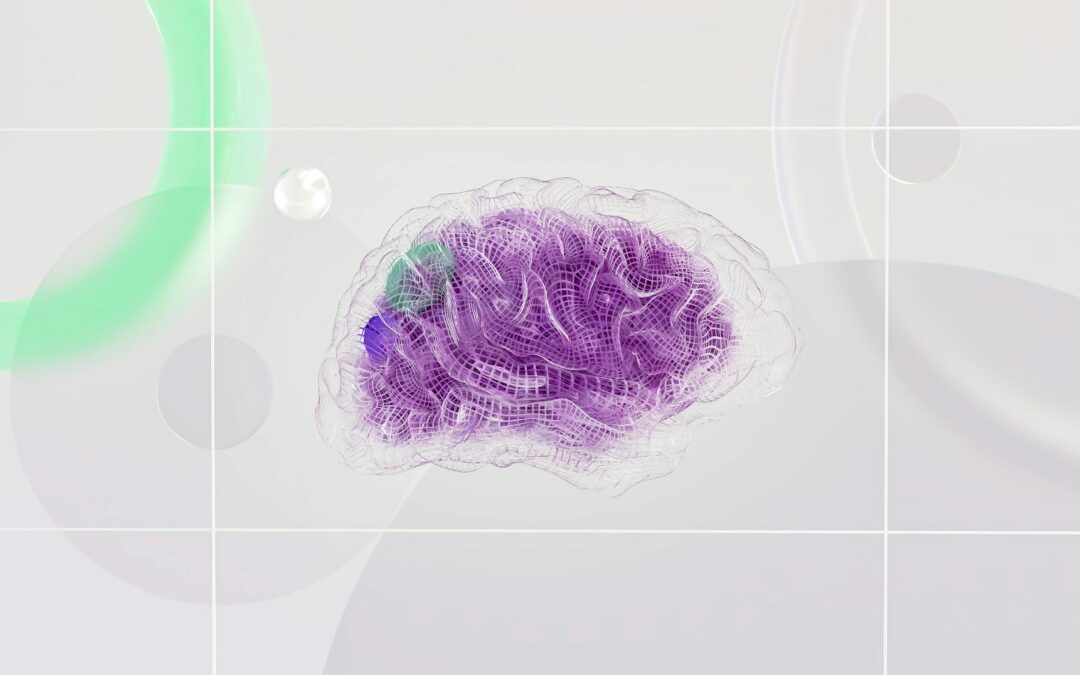Discover the fascinating world of Artificial Intelligence in our comprehensive beginner’s guide – demystifying the technology behind the future.
Table of Contents
Welcome to our daily blog post where we explore the fascinating world of Artificial Intelligence (A.I). In this series, we will delve into the history, current applications, benefits, challenges, ethical concerns, future direction, and even ponder the possibility of something like Skynet becoming a reality. Join us on this journey as we unravel the mysteries and potential of A.I.
Introduction to Artificial Intelligence
Artificial Intelligence, commonly referred to as A.I., is a branch of computer science that aims to create intelligent machines capable of mimicking human cognitive functions such as learning, problem-solving, and decision-making. The ultimate goal of A.I. is to develop systems that can perform tasks that typically require human intelligence.
Historical Context of A.I
The concept of Artificial Intelligence dates back to ancient times, with early myths and stories featuring intelligent robots and machines. However, the modern development of A.I. began in the 1950s with the pioneering work of researchers like Alan Turing and John McCarthy. Over the decades, significant advancements have been made in A.I. technology, leading to the emergence of new possibilities and applications.
Current Applications of A.I
Today, Artificial Intelligence is being used across various industries and domains, revolutionizing how tasks are performed and decisions are made. In healthcare, A.I. is helping in diagnostics, treatment planning, and drug discovery. In finance, A.I. algorithms analyze market trends and optimize investment strategies. In transportation, self-driving cars rely on A.I. to navigate roads safely.
Benefits of A.I
The integration of Artificial Intelligence brings numerous benefits, including increased efficiency, productivity, and accuracy. A.I. technologies can handle large volumes of data and complex processes, leading to faster and more accurate results. Additionally, AI-powered systems can automate mundane tasks, freeing up human resources for more strategic endeavors.
Challenges and Ethical Concerns of A.I
While the potential of A.I. is vast, it also poses challenges and ethical dilemmas. One of the primary concerns is the risk of bias in AI algorithms, which can perpetuate discrimination and unfairness. Additionally, there are worries about privacy violations, job displacement due to automation, and the potential misuse of A.I. technologies for malicious purposes.
Future Direction of A.I
The future of Artificial Intelligence holds exciting prospects for further advancements and innovations. Researchers are working on developing more sophisticated A.I. systems capable of autonomous learning and adaptation. The integration of A.I. in various aspects of society is expected to increase, leading to a more interconnected and intelligent world.
| Topic | Description |
|---|---|
| What is Artificial Intelligence? | AI is the simulation of human intelligence processes by machines, especially computer systems. It involves learning, reasoning, and self-correction. |
| Types of AI |
|
| Applications of AI |
|
| Benefits of AI |
|
Can Something Like Skynet Happen?
The idea of a superintelligent A.I. system like Skynet, capable of turning against humanity, has been a popular theme in science fiction. While the likelihood of such a scenario is debated among experts, it is essential to consider potential risks and take precautions to ensure the responsible development and deployment of A.I. technologies.
Case Studies of A.I in Action
By examining real-world examples of A.I. implementations, we can gain insights into the practical applications and impact of Artificial Intelligence. From chatbots assisting customers to predictive analytics optimizing business operations, A.I. is reshaping industries and revolutionizing the way we work and live.
Experts’ Insights on A.I
Engaging with A.I. professionals, researchers, and thought leaders can provide valuable perspectives on the current state and future trends of Artificial Intelligence. By learning from experts in the field, we can gain a deeper understanding of the opportunities, challenges, and implications of A.I. for society.
Interactive Content and Quizzes
To enhance your learning experience and engage with the topic of A.I., we will be incorporating interactive quizzes, polls, and discussions in our blog posts. These interactive elements aim to stimulate critical thinking, spark curiosity, and encourage active participation from our readers. Join us in the exploration of A.I. through interactive content!
Thank you for joining us on this journey through the world of Artificial Intelligence. Stay tuned for our upcoming posts as we continue to unravel the mysteries, potentials, and implications of A.I.
FAQs
What is Artificial Intelligence?
Artificial Intelligence (A.I.) is a branch of computer science that aims to create intelligent machines capable of mimicking human cognitive functions such as learning, problem-solving, and decision-making.
What are the current applications of A.I.?
A.I. is being used across industries like healthcare, finance, and transportation for tasks such as diagnostics, fraud detection, and autonomous driving.
What are some benefits of A.I.?
A.I. brings increased efficiency, productivity, and accuracy by handling large data volumes, automating tasks, and optimizing decision-making processes.
Can something like Skynet happen in real life?
While debated among experts, it’s essential to consider risks and take precautions to ensure responsible development and deployment of A.I. technologies to avoid scenarios like Skynet from science fiction.


Recent Comments